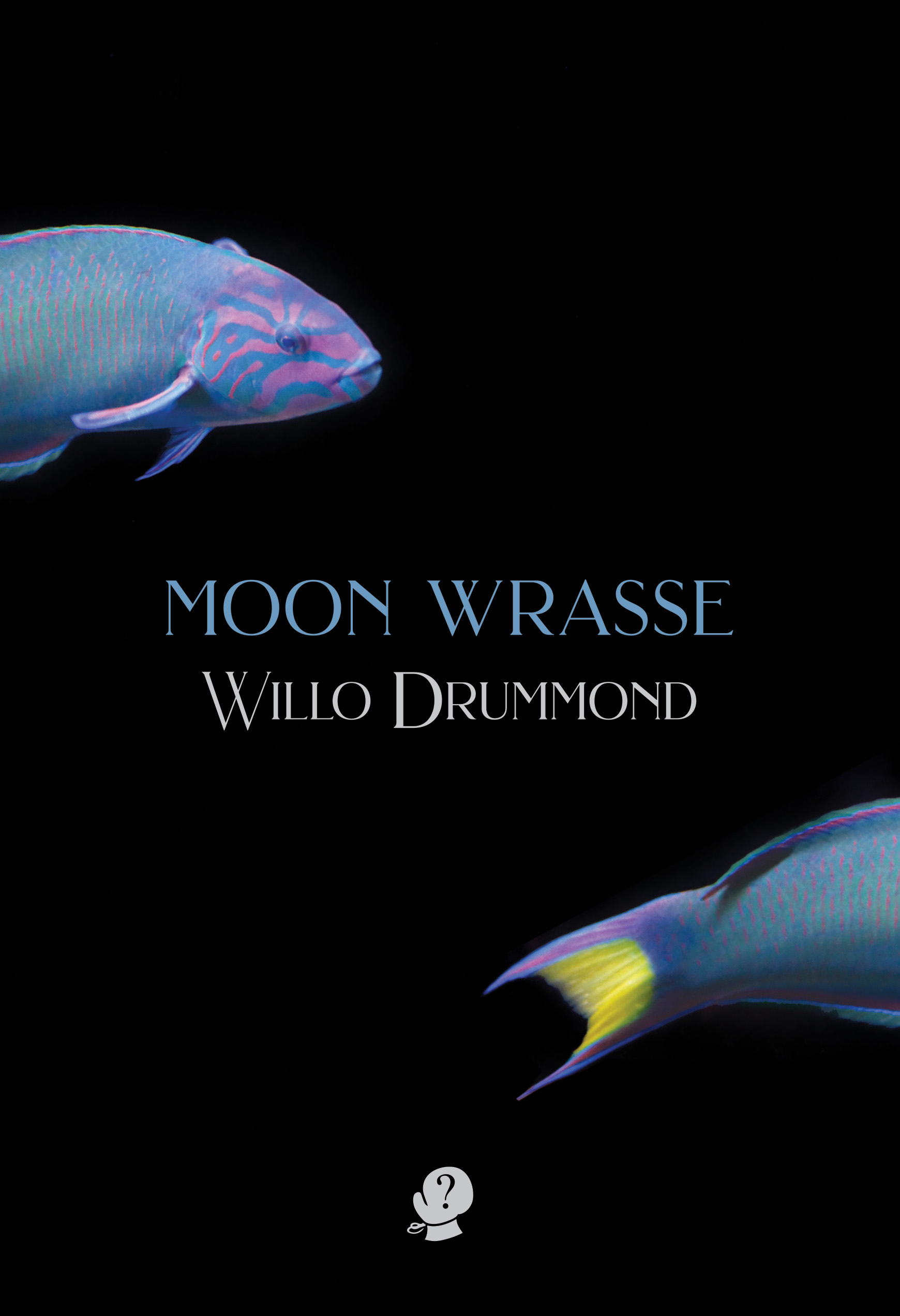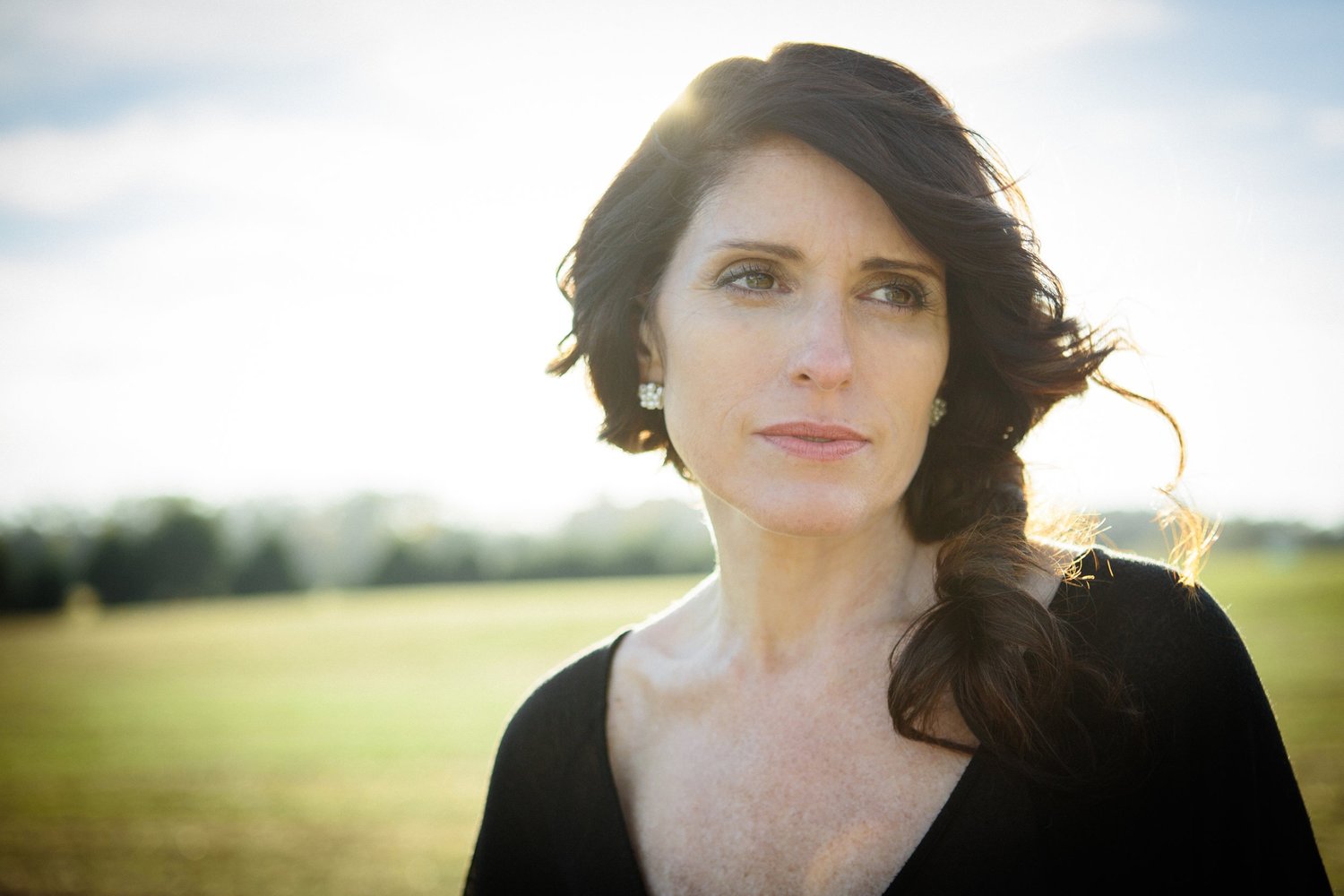 There’s heartbreak and humor, magic and flawed humanity, disappointment and longing, charming wordplay and breathtaking literary craft, but no happy endings. Cheating husbands and boyfriends abound, as do unreliable fathers, disappointed girlfriends and deceived women stretching all the way back to Eve. Literally.
There’s heartbreak and humor, magic and flawed humanity, disappointment and longing, charming wordplay and breathtaking literary craft, but no happy endings. Cheating husbands and boyfriends abound, as do unreliable fathers, disappointed girlfriends and deceived women stretching all the way back to Eve. Literally.
A review of And to Ecstasy by Marion Mossammaparast
 One of the poet’s salient concerns is life, the fragility of life, death as well the afterlife. I was fascinated about the metaphysical aspects of her works, works that are coloured by the brush of mythology, philosophy and religion. In this beautiful collection of poems she utilises many literary devices with extraordinary skills. Her voice is strong as a sirocco yet is gentle as a resting heartbeat.
One of the poet’s salient concerns is life, the fragility of life, death as well the afterlife. I was fascinated about the metaphysical aspects of her works, works that are coloured by the brush of mythology, philosophy and religion. In this beautiful collection of poems she utilises many literary devices with extraordinary skills. Her voice is strong as a sirocco yet is gentle as a resting heartbeat.
On Writing and Failure by Stephen Marche
 Nobody needs a manuscript. Nobody needs a short story. Or a poetry collection. Or the next great American novel. Recounting James Baldwin’s advice in the Paris Review to ‘Write. Find a way to keep alive and write,’ Marche distills the bulk of dozens of pages of wisdom into four words: discipline, love, luck, and endurance. But these can all be distilled to endurance.
Nobody needs a manuscript. Nobody needs a short story. Or a poetry collection. Or the next great American novel. Recounting James Baldwin’s advice in the Paris Review to ‘Write. Find a way to keep alive and write,’ Marche distills the bulk of dozens of pages of wisdom into four words: discipline, love, luck, and endurance. But these can all be distilled to endurance.
Of Hair, Humming, and Histrionics: A Review of Bark On by Mason Boyles
 Bark On is not an easy-breezy read. It has a bleak and cerebral vibe. It’s equal parts surreal and sophisticated. An edge of grit laces everything, but there’s also poetry in the pages, an example being the terms, “A drowning drive” and “The comas of those commutes” appearing only a page apart.
Bark On is not an easy-breezy read. It has a bleak and cerebral vibe. It’s equal parts surreal and sophisticated. An edge of grit laces everything, but there’s also poetry in the pages, an example being the terms, “A drowning drive” and “The comas of those commutes” appearing only a page apart.
A review of the Driftwood Press 2023 Anthology edited by James McNulty & Jerrod Schwarz
 The study of process aspect was, at times, quite fascinating and provided greater context to some pieces that either confirmed or clarified my thoughts, or helped me understand more about pieces I didn’t quite grasp the meaning or intention of. In the case of pieces such as Bark On and the poems of Margaret Yapps the fact that they were extracts of larger works explained to me why I felt they were incomplete.
The study of process aspect was, at times, quite fascinating and provided greater context to some pieces that either confirmed or clarified my thoughts, or helped me understand more about pieces I didn’t quite grasp the meaning or intention of. In the case of pieces such as Bark On and the poems of Margaret Yapps the fact that they were extracts of larger works explained to me why I felt they were incomplete.
A review of Moon Wrasse by Willo Drummond
 All sorts of colours flicker through the book, but particularly blue, from the aqua shore to Iris’ that fall, blue as the rare blue moon, the blue of hope in an indigo night, the bluest carbon of our breath, Brisbane blue, a blue man suit, bluebottles, autumn blue, and of course the blue of the Moon Wrasse also known as the Blue Wrasse. Drummond’s blues are luminescent and rare shades, not normally the colour of a moon, a suit, or autumn, but nocturnally accurate, confounding tropes.
All sorts of colours flicker through the book, but particularly blue, from the aqua shore to Iris’ that fall, blue as the rare blue moon, the blue of hope in an indigo night, the bluest carbon of our breath, Brisbane blue, a blue man suit, bluebottles, autumn blue, and of course the blue of the Moon Wrasse also known as the Blue Wrasse. Drummond’s blues are luminescent and rare shades, not normally the colour of a moon, a suit, or autumn, but nocturnally accurate, confounding tropes.
An interview with Scott Erickson on Mommy, Why Did America Collapse?
 Many years after America’s collapse, a young girl asks her mother to explain why it happened. Her mother explains that the tragic story has a good side. The rest of the world was spared America’s fate by learning from America’s example what changes needed to be made.
Many years after America’s collapse, a young girl asks her mother to explain why it happened. Her mother explains that the tragic story has a good side. The rest of the world was spared America’s fate by learning from America’s example what changes needed to be made.
A review of Like to the Lark by Stuart Barnes
 The poems are sinuous and sensual, working within the many constrictions and still managing to feel so light and with the strict scansion so subtle and integrated into the rhythm that you have to look closely to realise, for example, that “Persian Love Cake” is a pantoum, its innate rhythms varying slightly, in a deliciously sensual piece of dried rosebuds, green pistachios, almond praline and lemon icing.
The poems are sinuous and sensual, working within the many constrictions and still managing to feel so light and with the strict scansion so subtle and integrated into the rhythm that you have to look closely to realise, for example, that “Persian Love Cake” is a pantoum, its innate rhythms varying slightly, in a deliciously sensual piece of dried rosebuds, green pistachios, almond praline and lemon icing.
An interview with Cindy Morgan
 Singer/songwriter Cindy Morgan is a two-time Grammy nominee, a thirteen- time Dove winner, and a recipient of the prestigious Songwriter of the Year trophy. In this in-depth interview, she talks about her first novel, The Year of Jubilee, the real-life story behind it, first memory impacts, faith, civil rights, the mother-daughter dynamic, her characters, settings, the “poor mind”, and lots more.
Singer/songwriter Cindy Morgan is a two-time Grammy nominee, a thirteen- time Dove winner, and a recipient of the prestigious Songwriter of the Year trophy. In this in-depth interview, she talks about her first novel, The Year of Jubilee, the real-life story behind it, first memory impacts, faith, civil rights, the mother-daughter dynamic, her characters, settings, the “poor mind”, and lots more.
A review of No Angels by Mary Makofske
There is so much more to like here, too many wonderful poems to single out, but I have chosen “Nasreen’s Story” also from Part I to quote in full. It’s a masterful variation on the ghazal, the oldest poetic form still in use. It relies on a repeated word, which gives the form a hypnotic effect. The name imitates the sound of a dying wounded gazelle, and the form has roots in Arabic, Urdu, Hindi, and Hebrew.